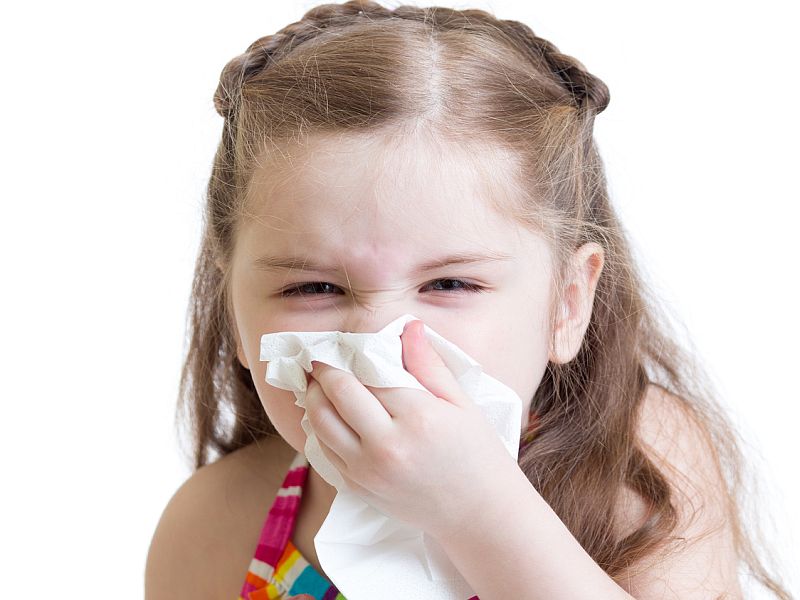Are Too Many Kids Prescribed Antihistamines?

TUESDAY, July 30, 2019 (HealthDay News) -- Many U.S. doctors are much less likely to recommend cough and cold medicines for young children ever since experts advised against it in 2008, new research shows.
That's the good news. The bad news?
Physicians are still more likely to recommend antihistamines for children under age 12 with colds, despite the fact that they provide little known benefit, the researchers from Rutgers University in New Jersey said.
"Sedating antihistamines such as diphenhydramine [Benadryl] may have a small effect on some cold symptoms in adults," said study lead author Dr. Daniel Horton. He is an assistant professor of pediatrics at Rutgers Robert Wood Johnson Medical School.
"However, there is little evidence that antihistamines actually help children with colds feel better or recover faster. We do know that these medicines can make kids sleepy and some kids quite hyper," Horton said in a university news release.
Just over a decade ago, the U.S. Food and Drug Administration recommended against cough and cold medicines for children under age 2 due to safety concerns and uncertain benefits. The American Academy of Pediatrics later advised against cough and cold medicines in children under age 6.
"Families often treat their children's respiratory infections with cough and cold medicines, some of which include opioid ingredients, such as codeine or hydrocodone. However, there is little proof that these medications effectively ease the symptoms in young children," Horton explained.
"Also, many cough and cold medicines have multiple ingredients, which increases the chance of serious accidental overdose when combined with another product," he added.
In the study, the researchers analyzed more than 3 billion visits by children to U.S. clinics and emergency departments from 2002 to 2015. They found that physicians ordered a total of about 95.7 million cough and cold medications, 12% of which contained opioids.
After the FDA's advisory, there was a 56% drop in physician recommendations for non-opioid cough and cold medicines in children under 2 and a 68% decrease in recommendations for opioid-containing medicines in children under 6.
Yet the researchers also found a 25% increase in doctor recommendations for antihistamines to treat respiratory infections in children under 12.
"It is nice to see physicians are heeding the advice to avoid cough and cold medications for children, but switching them to antihistamines is not necessarily an improvement," said study co-author Dr. Brian Strom, chancellor of Rutgers Biomedical and Health Sciences.
The study was published July 29 in the journal JAMA Pediatrics.
More information
The American Academy of Pediatrics has more on cough and cold remedies.

The news stories provided in Health News and our Health-E News Newsletter are a service of the nationally syndicated HealthDay® news and information company. Stories refer to national trends and breaking health news, and are not necessarily indicative of or always supported by our facility and providers. This information is provided for informational and educational purposes only, and is not intended to be a substitute for medical advice, diagnosis, or treatment.

